fatty fish (high-fat fish, lipid fish)
Fish is also a great source of high-quality protein, which helps you feel full and helps stabilize blood sugar levels.

Green leafy vegetables
They are also very low in digestiblecarbohydrates or carbohydrates absorbed by the body, so they do not significantly affect blood sugar levels.
Spinach, kale and other green leafy vegetables are good sources of many vitamins and minerals (including vitamin C).
SomeevidencePeople with diabetes have lower levels of vitamin C and may need more vitamin C than people without diabetes.
Vitamin C Acts as a potent antioxidant and also has anti-inflammatory properties.
Dietary intake of vitamin C-rich foods can help diabetic patients increase serum vitamin C levels while reducing inflammation and cell damage.
In addition, green leafy vegetables are a good source of the antioxidants lutein and zeaxanthin.
Theseantioxidants mayprotect your eyes from macular degeneration and cataracts, which are common complications of diabetes< span>.

Avocado
Consuming avocados can also improve overall diet quality and significantly reduce body weight and body mass index (BMI).
Avocado is an ideal food for diabetics, especially obese people, becauseavocado has the property of preventing diabetes.
A 2019 mouse study found that only avocado B (AvoB), a fat molecule contained in avocados, can inhibit incomplete oxidation of skeletal muscles and pancreas, thereby reducing insulin resistance .
To establish a link between avocados and diabetes prevention, more research in humans is needed.
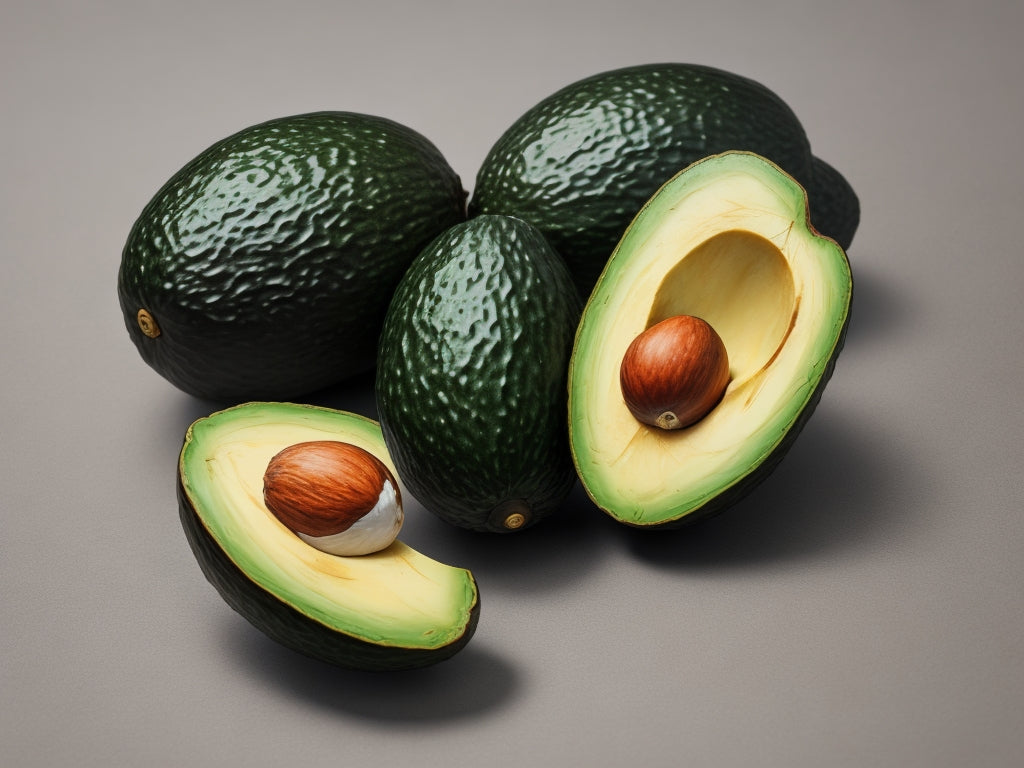
Eggs
Eggs have amazinghealth benefits.
In fact, they are one of the best foods for keeping you full and satisfied between meals.
Regular consumption of eggs may also reduce your risk of heart disease in several ways.
Eggs reduce inflammation, improve insulin sensitivity, increase HDL (good) cholesterol levels and change the size and shape of LDL (bad) cholesterol.
A 2019 study found that eating a high-fat, low-carb egg breakfast can help diabetics control blood sugar levels throughout the day.
Older research has linked egg consumption to heart disease in people with diabetes.
But a recent review of controlled studies found that among people with diabetes, eating a nutritious diet of 6 to 12 eggs per week did not increase heart disease risk factors.
Also, some studies show that eating eggs can reduce the risk of stroke.
In addition, eggs are a good source of lutein and zeaxanthin, which are antioxidants that provide protection against eye diseases.
Just make sure to eat whole eggs. The benefits of eggs are mainly due to the nutrients in the yolk rather than the white.
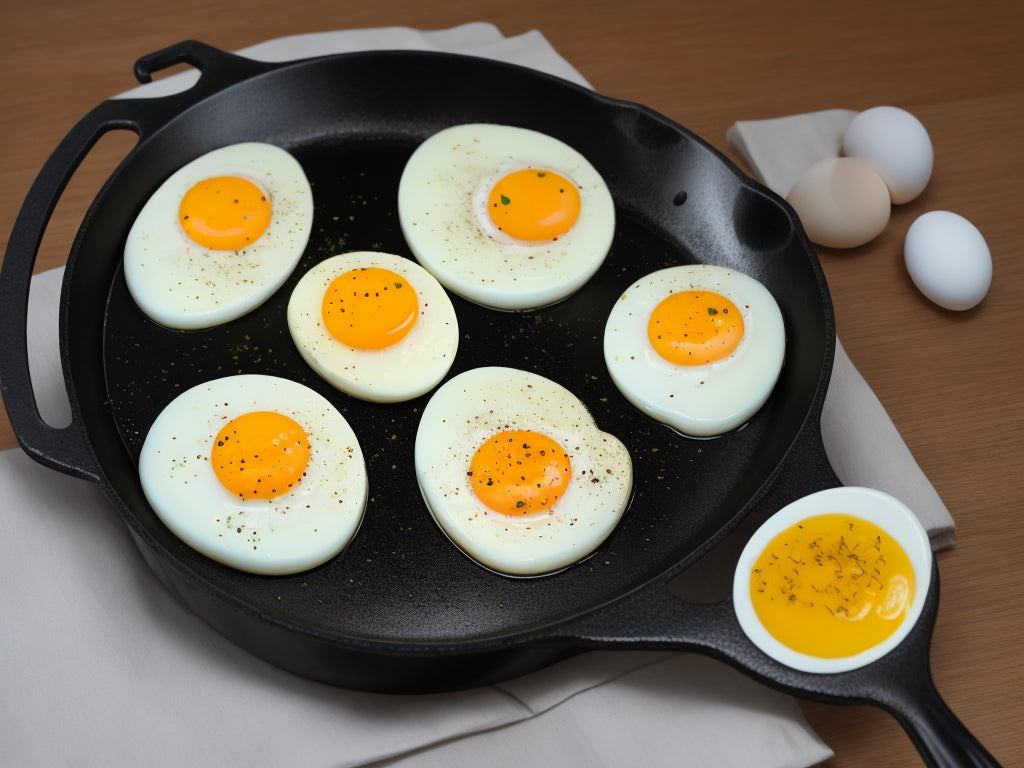
Chia seeds
They are extremely high in fiber and low in digestible carbohydrates.
In fact, 11 of the 12 grams of carbohydrates in a 28-gram (1-ounce) serving of chia seeds are fiber, which does not increase blood sugar.
The viscous fiber in chia seedsactually reduces Blood sugar levels.
Chia seeds can help you achieve a healthy weight because the fiberreduces hunger and also helps maintain blood sugar management in people with diabetes.
A study involving 77 obese people with type 2 diabetes found that eating chia seeds helped them lose weight and maintain good blood sugar control.
Additionally, chia seeds have been shown to help reduce blood pressure and inflammation.

Beans
Beans are leguminous plants that are rich in B vitamins, beneficial minerals (calcium, potassium and magnesium) and fiber.
They also have a low glycemic index which is important for controlling diabetes.
Beans may also help prevent diabetes.
In a study involving 3,000 participants at high risk for cardiovascular disease, those who ate more beans were 35% less likely to develop type 2 diabetes
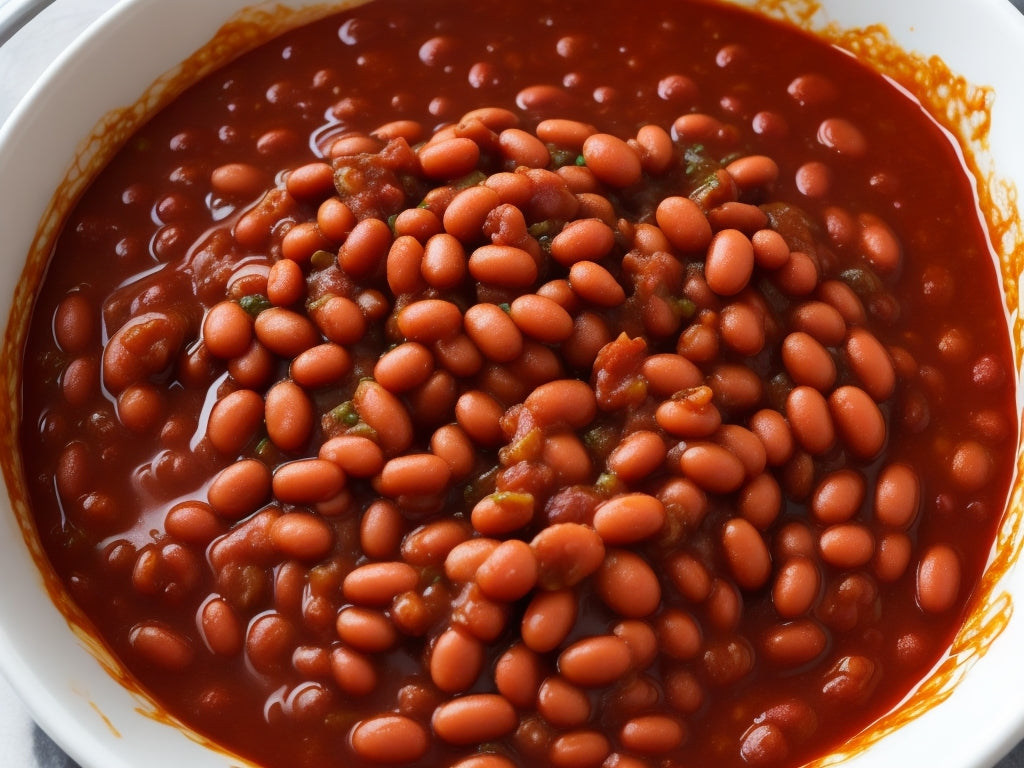
Greek cheese (yoghurt)
Some studies show that consuming cheese products such as cheese) may improve blood sugar management and reduce risk factors for heart disease, possibly in part due to the probiotics it contains.
Research also suggests that eating cheese may be associated with lowerblood sugar levels Related toinsulin resistance.
In addition, cheese may reduce the risk of diabetes.
A long-term study involving health data from more than 100,000 participants finds that daily consumption of yoghurt is linked to the risk of type 2 diabetes Reduced by 18%.
Weight loss can also be achieved in terms of personal eating habits.
Research shows that cheese and other dairy products can help people with type 2 diabetes lose weight and body composition improvement.
Cheese contains large amounts of calcium, protein and a special type of fat called conjugated Linoleic acid (CLA) may help reduce appetite, making it easier to resist unhealthy foods.
What’s more, Greekyogurt contains only 6-8 grams of carbohydrates per serving, less than traditionalcheese.
It is also higher in protein, which may promote weight loss by reducing appetite and reducing calorie intake.
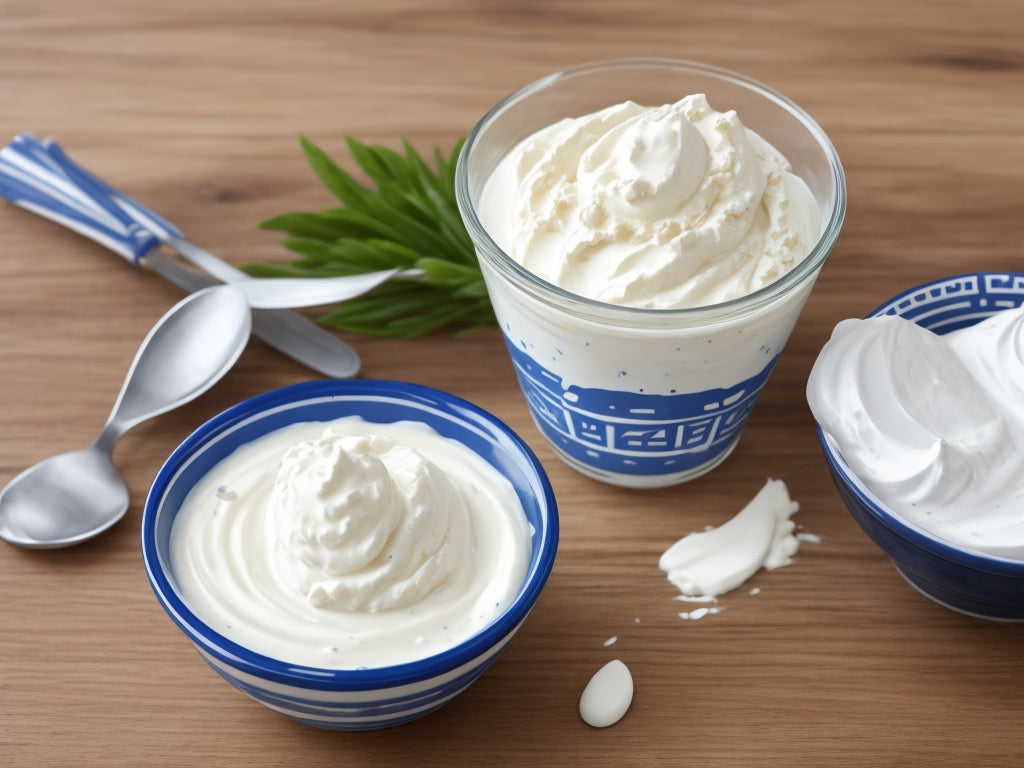
Nuts
All types of nuts contain fiber and are low in net carbohydrates, although some are higher than others.
Amount of digestible carbohydratesper 1 ounce (28 grams) of nutscontains, according to the U.S. Department of Agriculture:
- Almonds: 2.6 grams
- Brazil nuts: 1.4 grams
- Cashew nuts: 7.7 grams
- Hazelnut: 2 grams
- Macadamia nuts: 1.5 grams
- Hickory nuts: 1.2 grams
- Pistachios: 5 grams
- Walnuts: 2 grams
Research on various nuts shows that regular consumption of nuts can reduce inflammation and lower blood sugar, HbA1c (an indicator of long-term blood sugar management) and LDL (bad) cholesterol levels.
Nuts may also help improve heart health in people with diabetes.
A 2019 study involving more than 16,000 participants with type 2 diabetes found that eating nuts (such as walnuts, almonds, hazelnuts and pistachios) reduced the risk of heart disease and death< span>.
Research also shows that nuts can improve blood sugar levels.
A study in subjects with type 2 diabetes found that daily consumption of walnut oil improved blood sugar levels.
This finding is important because people with type 2 diabetes often have elevated insulin levels, which is associated with obesity.

Broccoli
A half cup of cooked broccoli contains only 27 calories and 3 grams of digestible carbohydrates, along with important nutrients like vitamin C and magnesium.
Additionally, studies in people with diabetes have found that eating broccoli sprouts (cauliflower sprouts) can help lower insulin levels and prevent cell damage.
Broccoli can also help you control blood sugar levels.
A study found that eating broccoli sprouts can reduce blood sugar in diabetic patients by 10%.
The decrease in blood sugar levels is most likely due tosulforaphane, a chemical found in cruciferous vegetables such as broccoli and sprouts substance.
Also, broccoli is another good source of lutein and zeaxanthin. These important antioxidants may help prevent eye disease.
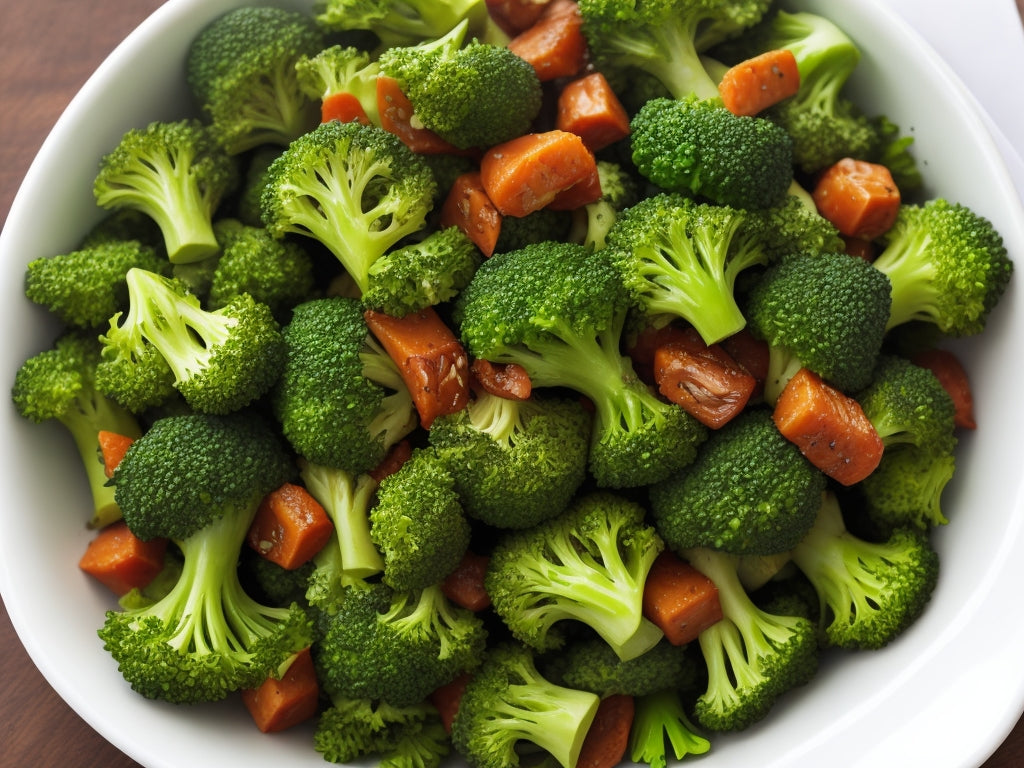
Extra virgin olive oil
It contains oleic acid, a monounsaturated fat that has been shown to improve blood sugar management, lower fasting and postprandial triglyceride levels, and has antioxidant properties .
This is important because people with diabetes often have difficulty controlling blood sugar levels and have higher triglyceride levels.
Oleic acid can also stimulate the plumping hormone GLP-1.
In a large-scale analysis of 32 studies on different types of fats, olive oil was the only one shown to reduce the risk of heart disease< /span>.
Olive oil also contains antioxidants called polyphenols.
Polyphenols reduce inflammation, protect the cells lining blood vessels, prevent LDL (bad) cholesterol from being oxidized and destroyed, and lower blood pressure.
Extra virgin olive oil is unrefined, so it retains antioxidants and other properties that make it healthy.
Be sure to choose extra virgin olive oil from a reputable source, as many olive oils are similar to corn and soybeans Wait for cheaper oils and mix them together .
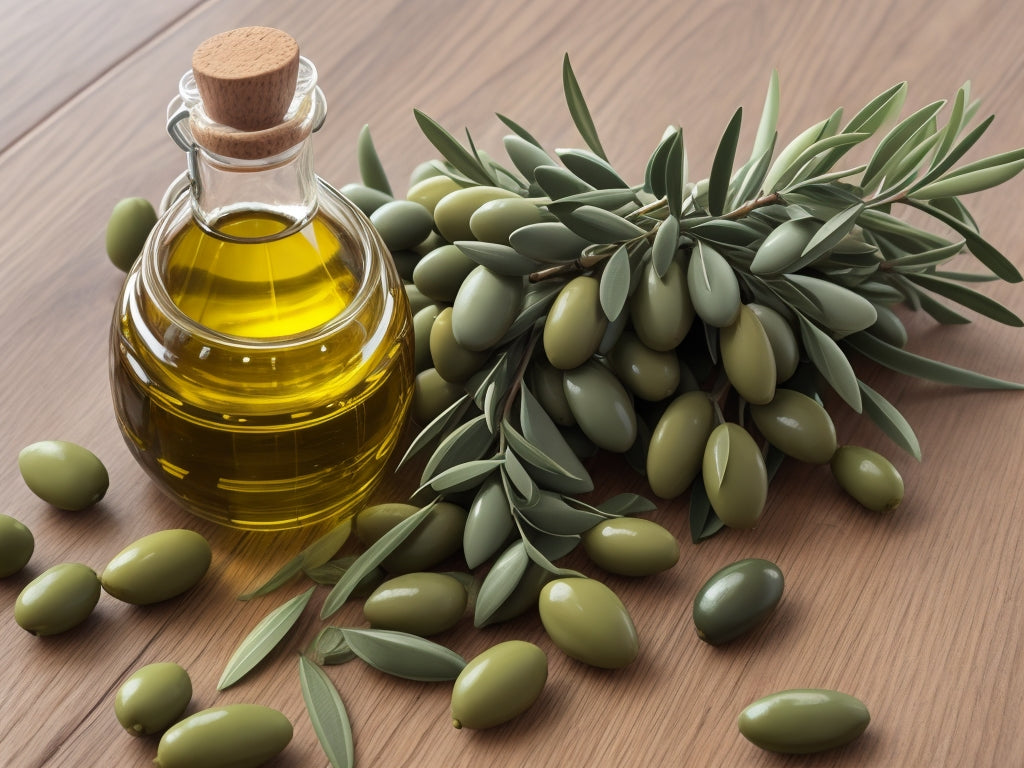
Flaxseeds
Flaxseed contains high amounts of heart-healthy omega-3 fats, fiber and other unique plant compounds.
Part of their insoluble fiber consists of lignans, which help reduce the risk of heart disease and improve blood sugar management.
A review analyzing 25 randomized clinical trials found a significant association between whole flaxseed supplementation and lower blood sugar.
Flaxseed may also help lower blood pressure.
A study involving participants with prediabetes found that daily intake of ground flaxseed lowered blood pressure but did not improve blood sugar management or insulin resistance.
More research is needed to investigate how flaxseed can help prevent or manage diabetes.
But overall, flaxseed is good for your heart and gut health.
Another study suggests that flaxseed may help reduce the risk of stroke and may reduce the dose of medication needed to prevent blood clots.
In addition, flaxseed is high in viscous fiber, which can improvegut health, insulin sensitivity and feelings of fullness< span>.
Your body cannot absorb whole flax seeds, so buy ground seeds or grind them yourself.
It is also important to store flaxseeds tightly covered in the refrigerator to prevent them from going rancid.

Apple cider vinegar
Although it is made fromapples,The sugars in the fruit are fermented into acetic acid, and the final product contains less than 1 gram of carbohydrate per tablespoon.
An analysis of 6 studies including 317 patients with type 2 diabetes found that apple cider vinegar had beneficial effects on fasting blood glucose levels and HbA1c.
It may also reduce blood sugar response by up to 20% when consumed with carbohydrate-containing foods
Apple cider vinegar is thought to have many other health properties, including antibacterial and antioxidant effects. But more research is needed to confirm its health benefits.
To incorporate apple cider vinegar into your diet, start with 1 teaspoon mixed in a glass of water daily. Increase by up to 2 tablespoons daily.
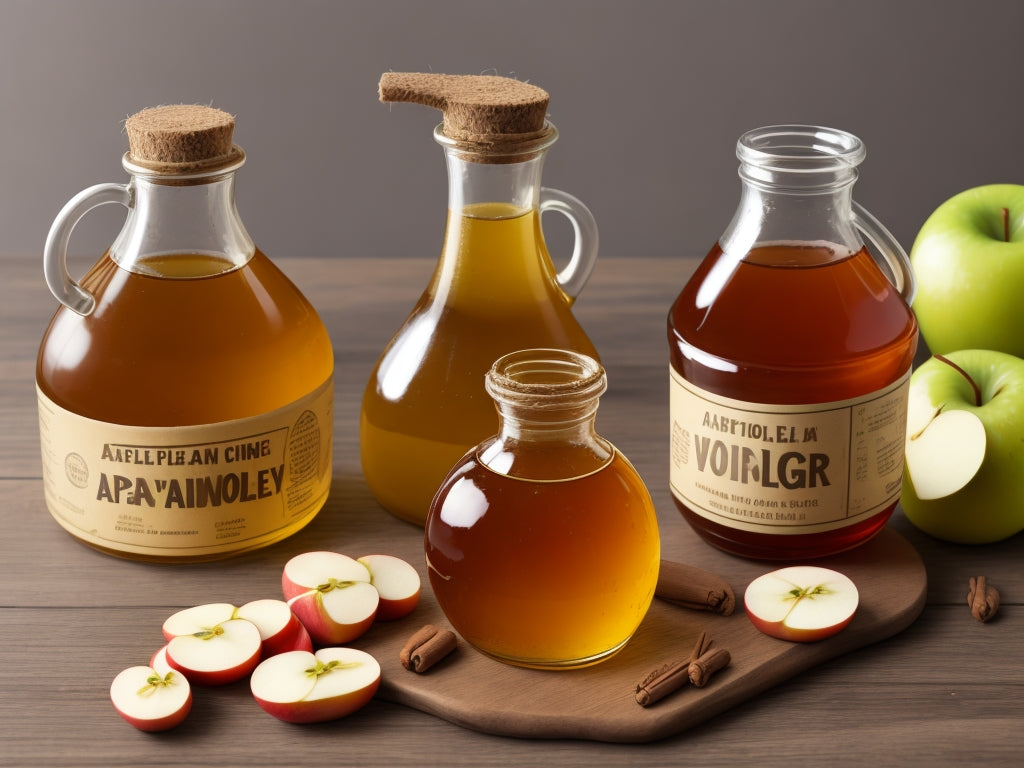
Strawberry/Strawberry
They are rich in antioxidants called anthocyanins, which give them their red color.
Anthocyanins have been shown to lower cholesterol and insulin levels after meals. They may also improve blood sugar and heart disease risk factors in people with type 2 diabetes.
Strawberries also contain polyphenols, which are beneficial plant compounds with antioxidant properties.
A 2017 study found that consuming polyphenols found in strawberries and cranberries for 6 weeks improved health outcomes in overweight and obese adults without diabetes. Insulin sensitivity.
This is important because low insulin sensitivity can cause blood sugar levels to be too high.
Per 1 cup, strawberries contain approximately46 calories and 11 grams of carbohydrates, 3 of which are fiber.
This serving also provides over 100% of the RDI for vitamin C, providing even more anti-inflammatory benefits for heart health
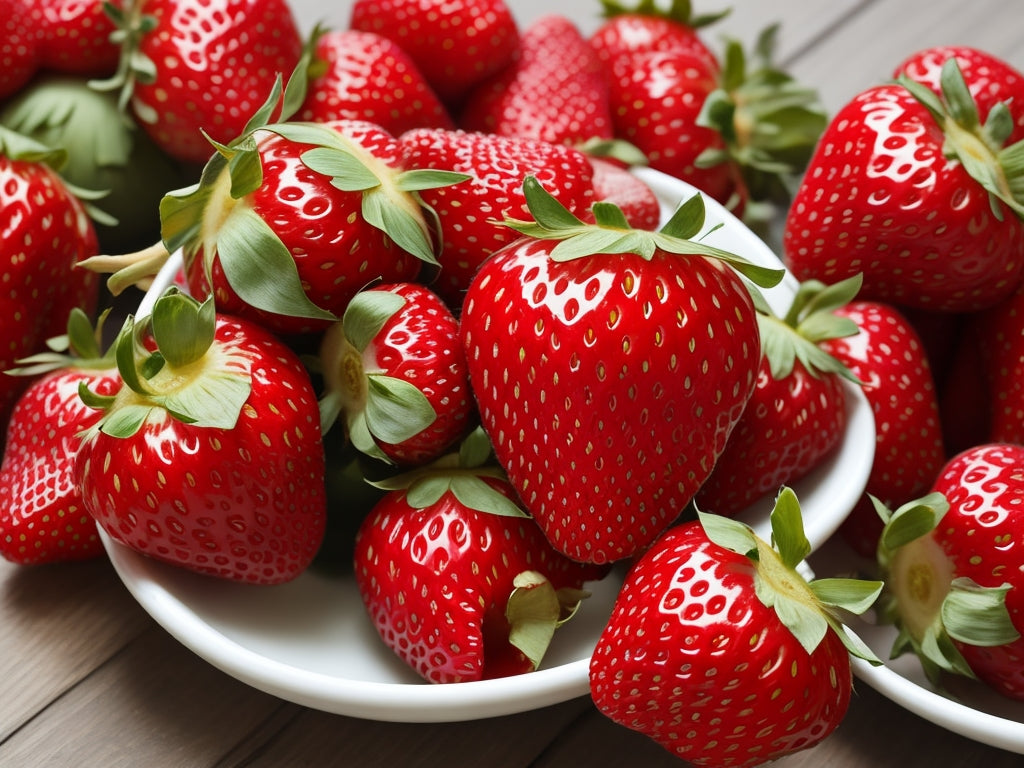
Garlic
One clove (3 grams) of raw garlic contains approximately 4 calories
- Manganese:2% Daily Value (DV)
- Vitamin B6: 2% of DV
- Vitamin C: 1% of DV
- Selenium: 1% of DV
- Fiber: 0.06g
Studies show that garlic can help improve blood sugar management and help regulate cholesterol.
Although many dietary intakes of garlic have been found to be a healthy choice for people with diabetes, the above meta-analysis only included 0.05-1.5 grams.
For context, one clove of garlic is about 3 grams.
Research also shows that garlic can help lower blood pressure and regulate cholesterol levels.
In one study, hypertensive people with poor blood pressure experienced an average blood pressure drop of 10 points after taking old garlic for 12 weeks.

Dense foods are low in calories and have a low glycemic index.
Winter varieties with hard shells include acorns, pumpkins, and butternuts.
Zucchini skin is soft and edible. The most common types are zucchini and Italian squash.
Like most vegetables, pumpkin contains beneficial antioxidants. Pumpkins also have less sugar than sweet potatoes, making them a good choice (.
Studies have shown that pumpkin polysaccharides can improve insulin resistance and reduce serum glucose levels in rats.
Research also shows that pumpkin seeds can help with blood sugar control.
Although there are few studies in humans, one small study in humans found that pumpkin can quickly and effectively reduce high blood sugar levels in people with severe diabetes
More research in humans is needed to confirm the health benefits of pumpkin.
But pumpkin’s health benefits make it a great addition to any meal.

Shirataki noodles (Konjac/Shirataki)
These noodles are high in fiberglucomannan, which is extracted from konjac root.
The plant is grown in Japan and processed into the shape of noodles or rice, known as Shirataki.
Glucomannan is a viscous fiber that helps you feel full and satisfied.
More importantly, it has been shown to reduce blood sugar levels after eating and improve heart disease risk factors in people with diabetes and metabolic syndrome.
In one study, glucomannan significantly reduced fasting blood glucose, serum insulin and cholesterol levels in diabetic rats.
3.5 oz (100g) ’s Shirataki Noodles also contains only 3 grams of digestible carbohydrates and only 10 calories per serving.
However, these noodles are often packaged with a fishy-smelling liquid and need to be rinsed thoroughly before use.
Then, to ensure the noodles have a similar texture, cook them in a pan over high heat for a few minutes without adding fat.

Summary
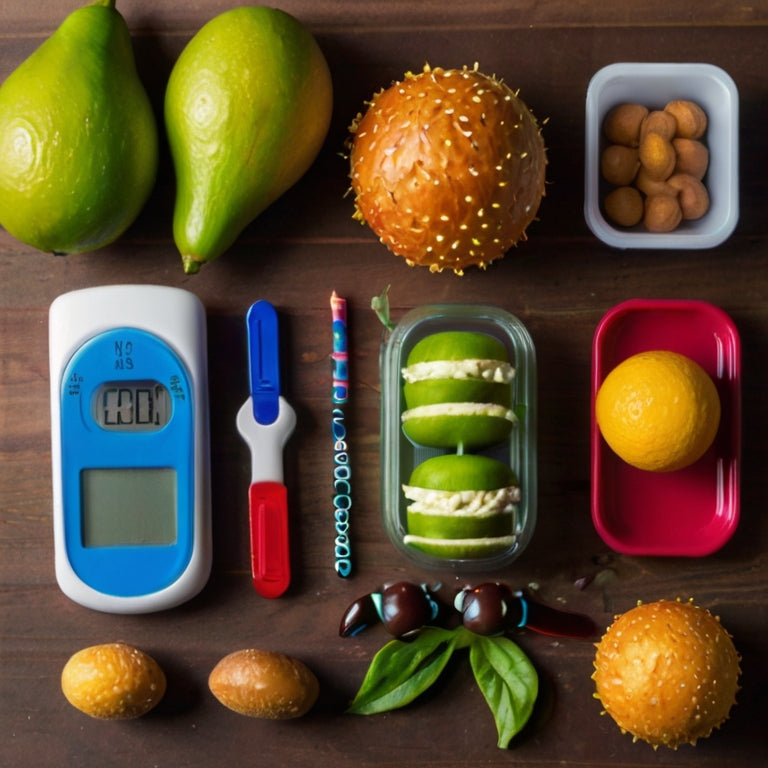
But eating foods that help keep blood sugar, insulin, and inflammation under control can greatly reduce your risk of complications.
Remember that although these foods may help control blood sugar, the most important factor in healthy blood sugar management is following an overall nutritionally balanced diet.














